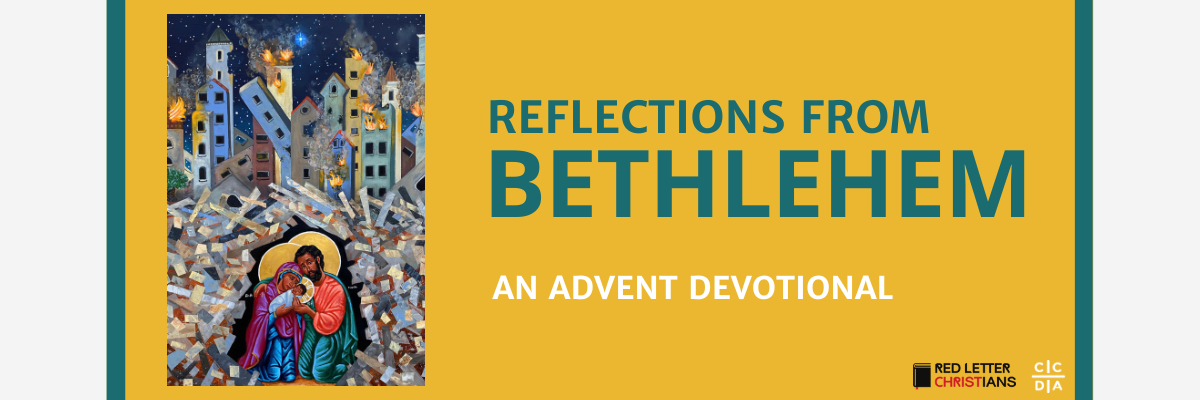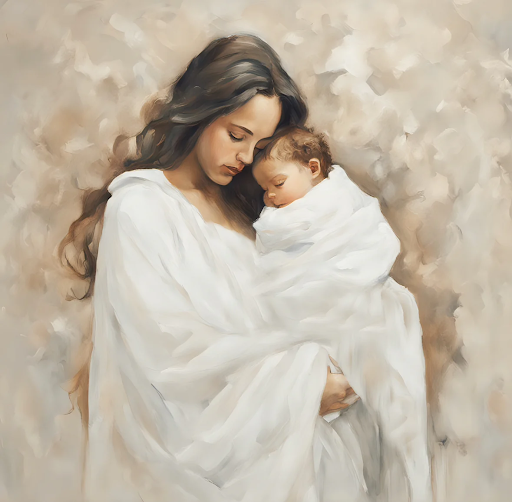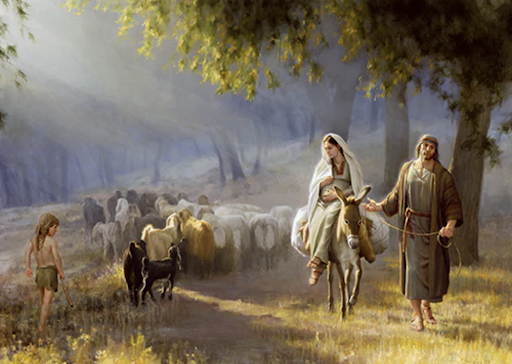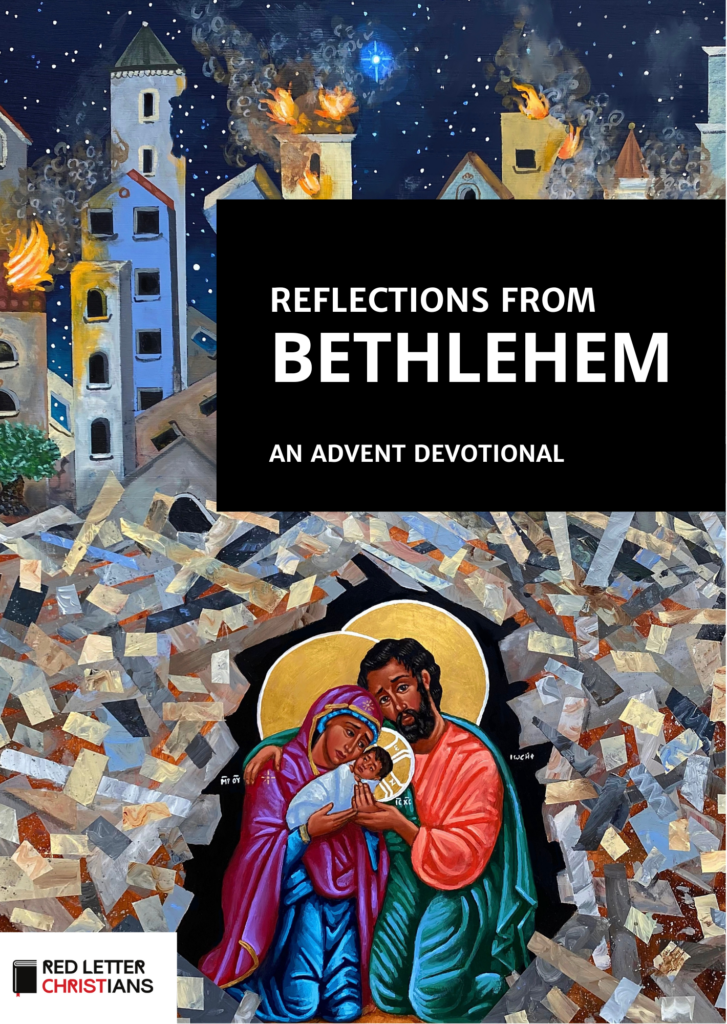Welcome to #ccdaAdvent.
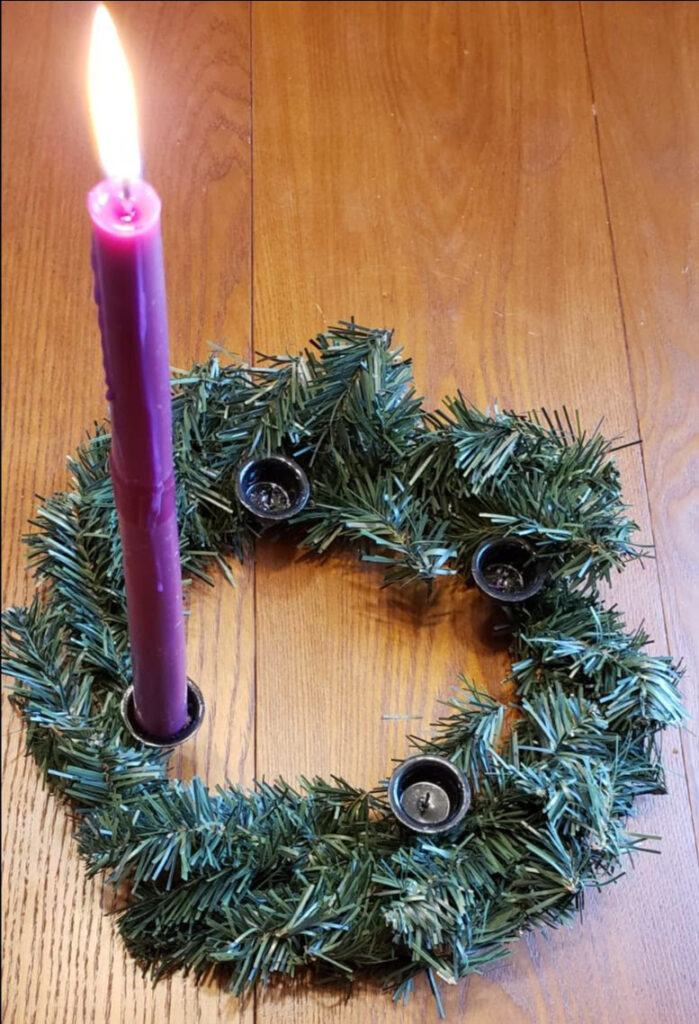
In the midst of darkness, oppression, and marginalization, Christ entered the scene of the first Advent and paved the way for our communal wellbeing. This Advent season, we invite you to consider the implications of Christ’s coming for our communities. What lessons may we draw from their context?
We are excited to partner with Red Letter Christians and share with you their devotional, “Reflections From Bethlehem: An Advent Devotional.” This devotional centers the voices of Palestinian Christian pastors, leaders, and theologians, as well as international allies, offering reflections, art, and ways to take action.
We pray that the reflections and prayers within these Advent devotionals bring renewed inspiration, anticipation, and hope in the Kingdom of God that has come and is to come. Amen.
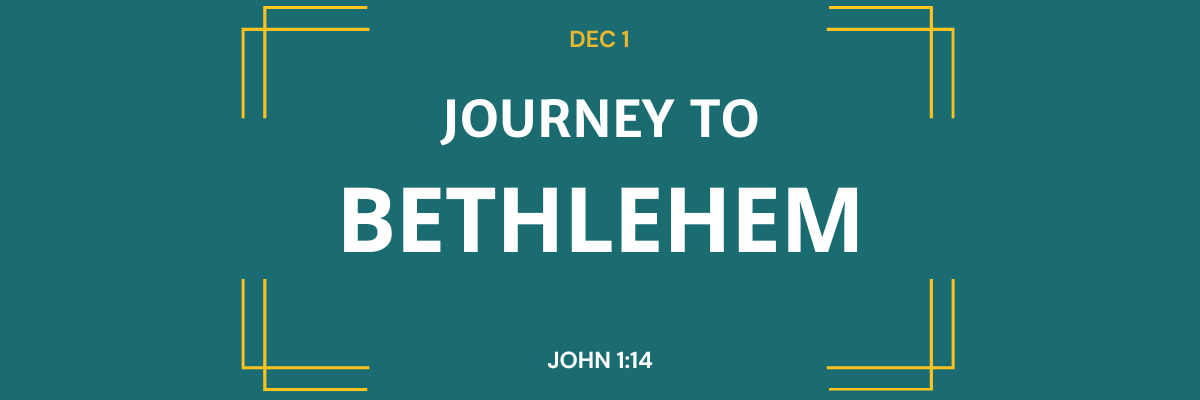
Devotional by: Shadia Qubti
In the darkest nights of winter, Christians worldwide turn their hearts to a small town in Palestine called Bethlehem.
Yet this year, as we witness the catastrophic destruction and genocide in Gaza, Mary’s journey to Bethlehem takes on deeper meaning. A young teenager, barely more than a child herself, traveling while pregnant, facing an uncertain future far from her home in Nazareth. Her vulnerability and fear must have been overwhelming—much like the fears of young Palestinian mothers today, giving birth amid destruction, displacement, and death.
The comfortable distance many maintain from this reality cannot hold, for a placeless nativity story disconnected from its land and people serves only to numb us to the urgent cry for justice rising from the grieving earth of the very place where “the Word became flesh and dwelt among us” (John 1:14).
“Creator’s Word became a flesh-and-blood human being and pitched his sacred tent among us, living as one of us. We looked upon his great beauty and saw how honorable he was, the kind of honor held only by his one Son who fully represents his Father—full of his great kindness and truth.”
John 1:14 (First Nations Version)
The real Bethlehem remains a living tapestry of sacred relationships where Creator, creation, and humanity meet. Under Roman occupation, this humble town became a refuge where all creation fulfilled its spiritual responsibility to comfort a frightened young mother.
The earth offered a manger—a feeding trough carved from local limestone that Palestinian craftsmen still work with today. The hay that cushioned the manger represents creation’s nurturing abundance—the same hay that would feed the animals, now cradling the divine child.
The cosmos itself participated in this sacred drama, as “the star which they had seen in the East went before them” (Matthew 2:9). The same Palestinian skies that witnessed the angels’ proclamation to the shepherds now light up with deadly explosions rather than heavenly hosts. Yet Palestinian Christians maintain their vigil beneath these stars as “living stones,” their presence a testament to divine promise amid systematic destruction.
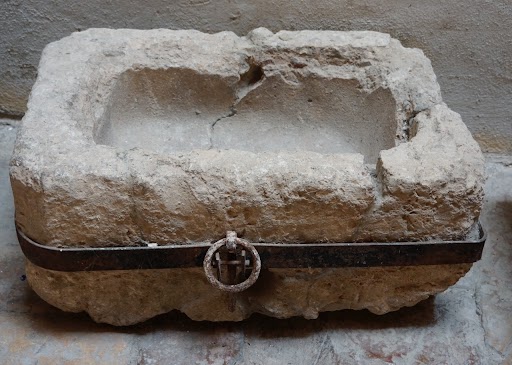
The earth offered its treasure: gold from its depths, while the plant world brought frankincense and myrrh (Matthew 2:11). Through ancient trade routes, these precious offerings connected distant communities to this small town—from Arabian deserts to African mines to Palestinian hills. Even the name Bethlehem—House of Bread—speaks to the earth’s provision and human cultivation. Each being in creation played its part in co-creating this holy moment, teaching us that shalom cannot exist alongside the destruction of any of its parts.
When we separate the nativity from its place and its peoples, we risk losing these profound truths about creation’s harmony and human witness. A placeless theology inevitably becomes a rootless spirituality, unable to hear creation’s groaning under the weight of destruction (Romans 8:22). Yet as Bethlehem’s inhabitants have long understood, empires and their violence do not last forever. This Advent season calls us to reconnect with the real Bethlehem—not as a distant symbol, but as a living place where heaven and earth met in perfect shalom, where a young mother found refuge in creation’s embrace.
Like Mary, we carry creation’s sacred wisdom in our hearts: the safety of a womb, the freedom of a bird, the love of a child, the equality of siblings, the rootedness of a tree. Like the community of creation that welcomed her, we are called to be midwives of hope in a land crying out for justice.
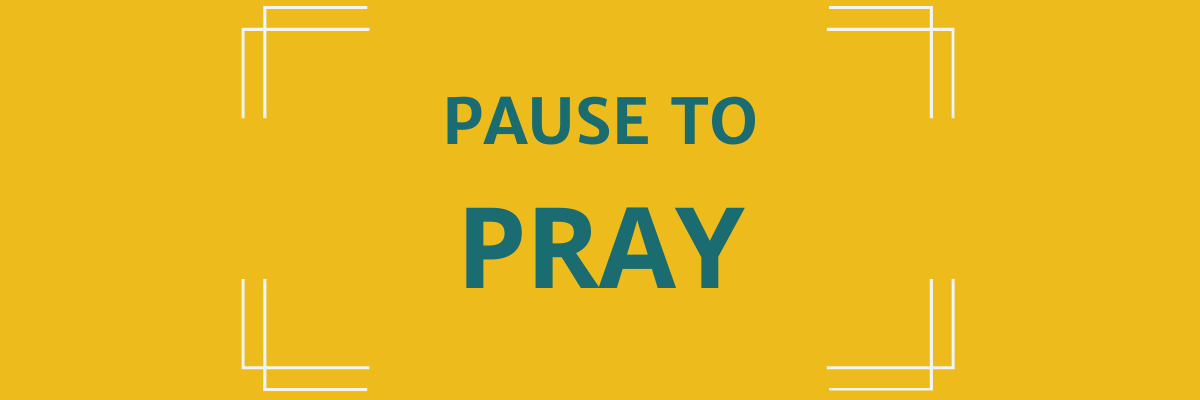
God of the Incarnate One,
God of Mary’s vulnerability, God of Palestine’s living stones,
In our rootedness, may we extend branches of solidarity with those uprooted from Gaza. From the womb of our safety, may we protect those giving birth amid destruction.
With the wings of our freedom, may we shelter young mothers fleeing with their children. Through the heart of our love, may we nurture those wounded by empire’s violence.
In the embrace of our kinship, may we restore the dignity of all daughters of Mary’s land,
Amen
Reflections from Bethlehem
A partnership with Red Letter Christians
Staying true to the foundation of combining Jesus and justice, Red Letter Christians mobilizes individuals into a movement of believers who live out Jesus’ counter-cultural teachings.
Learn more at redletterchristians.org or follow them on Instagram, Twitter, and Threads @redletterxians.
Click here to download the full 24-day devotional for free.
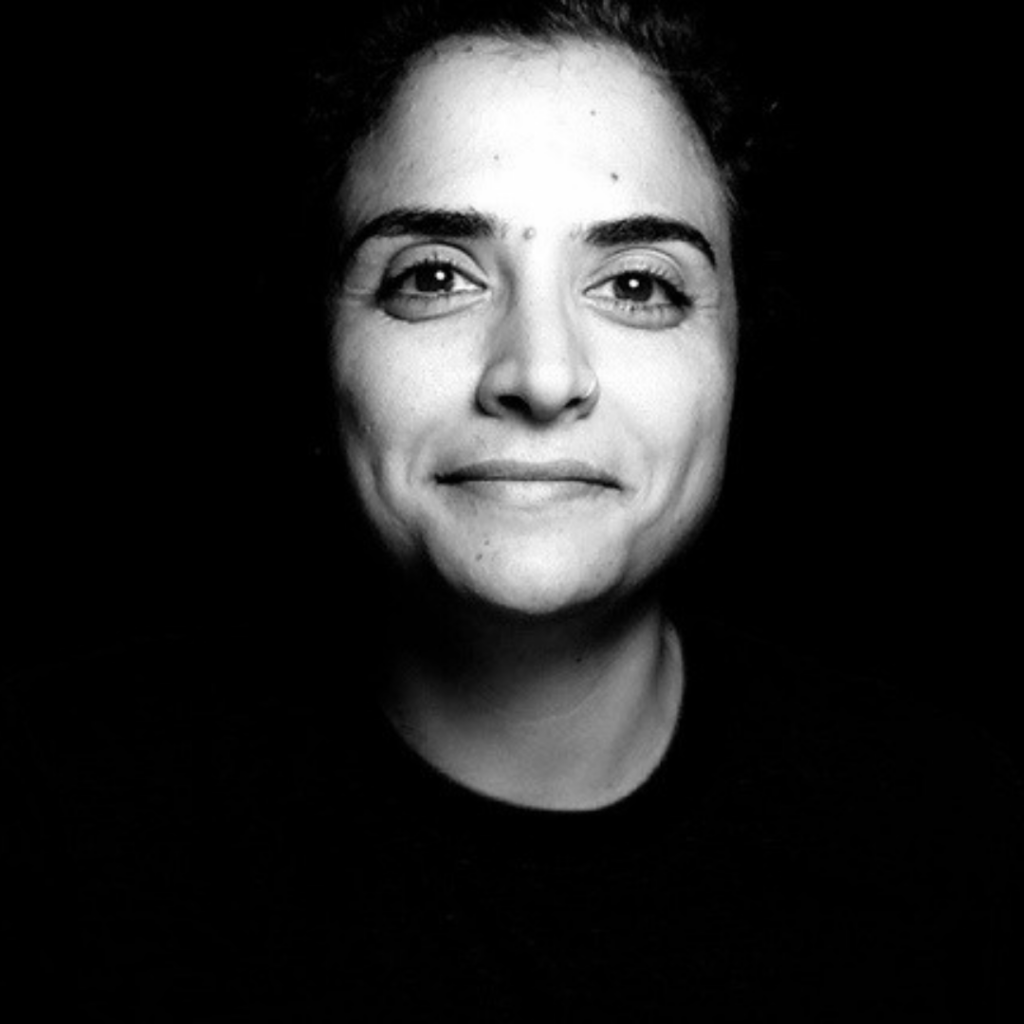
About Shadia Qubti
Shadia Qubti is a Palestinian Christian from Nazareth, currently an arrivant on the unceded and traditional territories of the Musqueam, Squamish, and Tsleil Waututh Nations. She worked in faith-based peacebuilding in Palestine/Israel for 15 years, focusing on amplifying women’s voices through initiatives like the Women Behind the Wall podcast. Her recent MA studies at Vancouver School of Theology, exploring Palestinian and North American Indigenous understandings of land, inspired this land-based reading of the nativity. She serves as Community Engagement Animator at Trinity Grace United Church in Vancouver.

